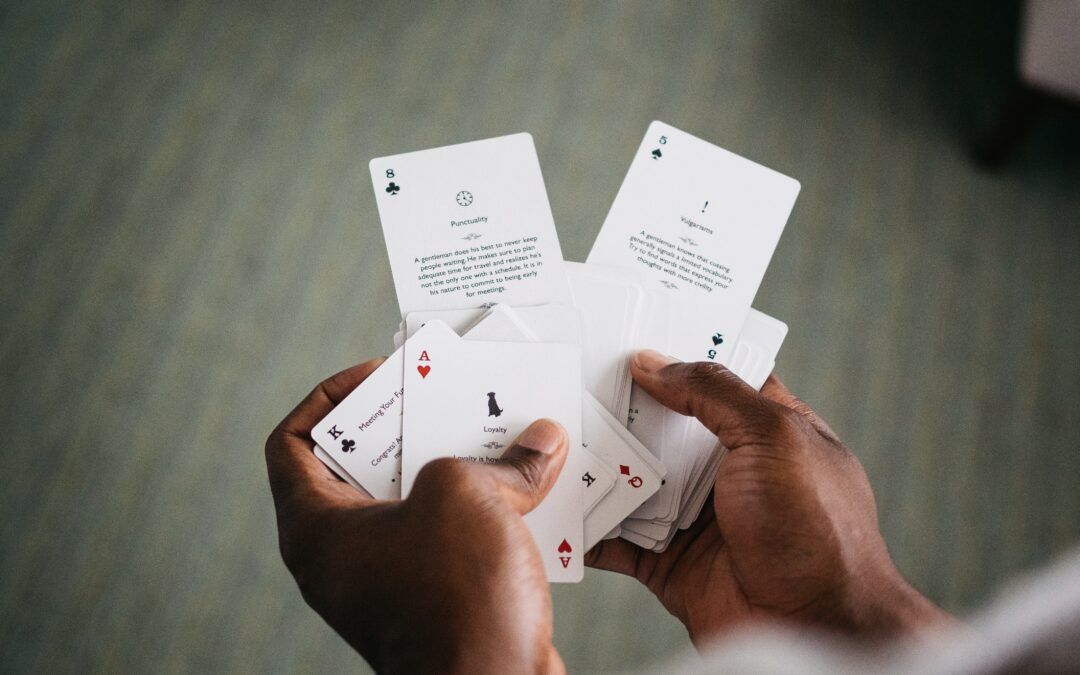People with dementia, like everyone else, benefit from feeling involved and useful. Residents in memory care homes can participate in activities and entertainment to promote social contact, alleviate anxiety, stimulate the brain, and create emotions of success. These kinds of activities are most effective when being run by expert dementia therapists.
Although most forms of dementia, including Alzheimer’s disease, are degenerative and currently incurable, there are therapies that can help people with dementia enjoy their moments and days more. Using leisure activities to preserve cognitive capabilities and keep the person interested, stimulated, and happy is one beneficial strategy. Here are some memory care activities recommended by dementia therapists:
Music Therapy
According to research on music and dementia, listening to familiar music can improve memory, reduce stress, reduce agitation, and improve cognition. Music therapy is used in a variety of ways, including:
- Playing older music that was popular back in the day.
- Encouraging your loved one to play an instrument or sing, especially if they’ve always been musically inclined. Even when linguistic and cerebral abilities deteriorate, music-related muscle memory often persists.
- Hosting hymn sing-alongs, Christmas carol sing-alongs, or school song sing-alongs.
- Your loved one can be given simple percussion devices like maracas or shakers to use to create their own music.
Stimulating Therapy
Boredom, which may lead to worry, restlessness, and wandering, can be combated by stimulating therapy. Dementia therapists recommend arranging stimulating therapy based on their cognitive capacity, and may include the following:
- Provide a variety of image puzzle sets with various levels of complexity.
- For tactile stimulation, encourage your loved one to explore sensory boxes or boards.
- Play games like matching tiles, recognizing funny facts, or charades that encourage competitiveness.
- Combining physical and cerebral stimulation, such as tossing colorful bags into colored baskets or dancing to various music, is a good idea.
- Workbooks and cognitive games should be available.
- Problem-solving is aided by classic games and puzzles. Matching games, mazes, and even simple algebra can give interesting challenges depending on their skill level
Art Therapy
Art therapy provides people with a creative outlet, regardless of their skill level or cognitive capacity. Painting, sketching and creating enable creative expression while also allowing for the development of fine motor skills. Art therapy can be used by encouraging those who are artistically inclined to express themselves via their preferred media. Even when linguistic and cerebral ability deteriorates, creative muscle memory often persists.
Scent and Taste Therapy
All five senses are stimulated in memory care homes. Residents often associate powerful emotional experiences with scents such as freshly cut grass, coffee, and Christmas trees. Scents and tastes have the ability to evoke memory faster than sights and sounds. This is due to the fact that our brains process odours quickly and unconsciously.
You may encourage your loved one to use their senses by doing the following:
- Baking a recipe that brings back memories.
- Plan a game in which they have to guess the fragrances of essential oils or wax melts.
- Each morning, greet your loved ones with the scent of strong coffee, which helps them get up and moving.
Memory box therapy
For elders suffering from dementia, familiar objects may be calming and helpful. Dementia therapists recommend putting together a memory box filled with items from their life that they can enjoy. A sense of familiarity can help keep them calm when they’re feeling uneasy. Some things you can include in a memory box: an album of photographs, a favourite work of art, a scented candle, videos or DVDs they enjoy, and perhaps special items of clothing. The memory box can also be a good starting point for conversation, taking away the stress of having to come up with something to talk about.
While dementia, a sickness marked by a loss of memory and/or other cognitive abilities, can be difficult for everyone concerned, including caregivers, there is a lot that can be done to help and excite a loved one who has or is developing the disease. At Livewell, we provide stimulating activities to fulfil the specific requirements of our residents, including music and crafts, sports, board games, and trips, all of which are meant to both excite and engage our residents.
Our programs promote a memory-care-focused lifestyle by actively interacting with our residents’ particular needs and addressing their specific demands. If you or a loved one is contemplating a dementia care home, please contact us and one of our specialized family advisers will contact you to learn more about your specific needs.
